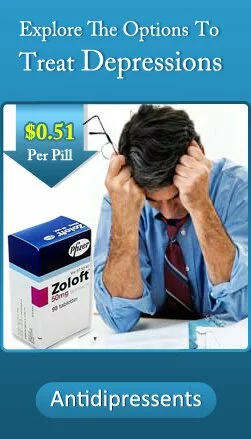Almost every face you see has some growths such as whiteheads, blackheads, inflamed red spots, etc. This very common skin condition is called acne and it affects people of all ages including infants. However, it is most common in teenagers since hormonal changes are at their peak, causing increase of oil in the skin. Acne, though harmless, is an ailment of the hair follicles of the chest, face and back which is the bane of almost all males and females during teenage years. Acne usually appears on the face and shoulders. It can also occur on arms, trunk, buttocks and legs.
Factors that may help acne:
• Occupation: Some jobs require exposure to oils and other industrial products which may aid acne formation.
• Drugs: Some acne formation is also related to the medications being used for other conditions. Medications containing steroids, iodides, bromides etc. may lead to acne. Anticonvulsant medications can also lead to acne or worsen existing acne.
• Pressure: Stress and strain from wearing helmets, collars, chin straps, suspenders, etc. can aggravate acne.
• Cosmetics: Some skin care products and cosmetics tend to block the pores on the skin which may lead to acne. It is preferable to use water based products for the skin.
Factors that are usually not related to the formation or aggravation of acne:
• Genetic: Except for some very rare cases, normally genetics do not contribute to acne. Parents and their offspring usually do not share the same acne problems.
• Food: The much maligned pizza, greasy and fried food, chocolates, junk food and others which are to be avoided for fear of acne is far from the truth. These food stuffs are not good for general health but no evidence has been established relating them to acne formation or aggravation.
• Stress: Stress may not be directly responsible in acne formation. However, acne may cause stress that may lead to the pimples being scratched. This may make the pimples last longer.
• Dirt: Sweat and dirt do not cause acne. Though keeping the face and body clean is essential, is not necessary to shower immediately after exercising out of fear of acne formation. Excessive washing and drying can end up irritating the skin.
Symptoms:
• Crusting of skin eruptions
• Cysts
• Blackheads
• Whiteheads
• Pustules
• Scarring of the skin
• Redness around skin eruptions
Skin conditions which are not acne:
• Rosacea
• Pseudofolliculitis
• Folliculitis
• Gram-negative folliculitis
Self care steps to help clear your acne:
• Gently clean your skin with a mild soap. Washing is to be limited to once or twice daily. Repeated skin washing and rubbing is the avoided.
• Hair should be shampooed daily. Hair should be worn in such a way that they are kept out of the face.
• Scratching, picking, squeezing or rubbing the pimples is to be totally avoided. Though doing these might give relief, it can also lead to infection, scarring and worsening of acne.
• Touching your face with fingers or hands is to be avoided.
• Make-up should be removed at night.
• Water based cosmetics and skin products should be used.
• Oil based cosmetics and creams should not be used.
• Caps, hats and wearing of tight bands should be avoided.
Skin oil being the main culprit of acne formation, steps should be taken to reduce the oil:
• A gentle astringent should be used to clean the oil.
• Masks with sulfur and other ingredients are helpful in reducing the facial oil.
• Antibacterial pads with benzoyl peroxide assist in getting rid of the oil.



 May 6th, 2011
May 6th, 2011  admin
admin
 Posted in
Posted in  Tags:
Tags: 


